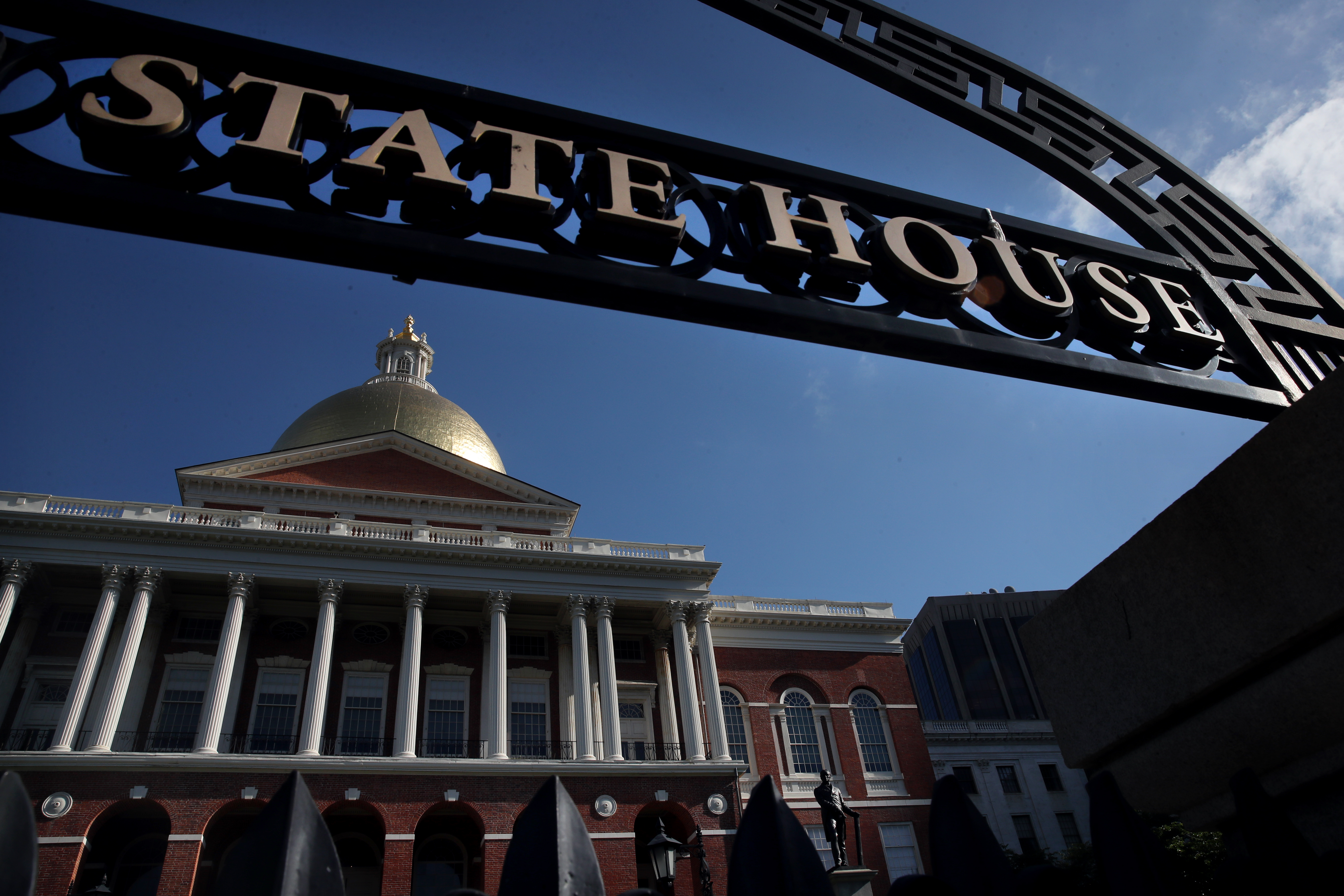Aiming to find compromise with Gov. Charlie Baker over police accountability and oversight, senators agreed Monday to scale back restrictions they had sought to put on the use of facial recognition software by law enforcement and to limit the influence of a civilian led commission over police training.
The newest version of the police reform legislation emerged in the Senate in the late afternoon Monday and passed after an attempted parliamentary delay as Democratic leaders work to send a bill back to Baker before Christmas. With the House in session Tuesday, a spokeswoman for Baker said the governor would sign this new version if the House goes along with the changes made by the Senate.
"Today's Senate proposal reflects the amendments that the Governor made to the bill two weeks ago. After discussing the governor's amendments with the Black and Latino Legislative Caucus, the Administration believes this package addresses the issues identified by the Governor's amendments and he looks forward to signing this version should it reach his desk," communications director Lizzy Guyton said in a statement.
Get top local stories in Boston delivered to you every morning. Sign up for NBC Boston's News Headlines newsletter.
Democrats likely do not have the numbers to override Baker in the House if the governor were to veto the police reform bill.
"I believe this is a strong bill, and I wouldn't have put it before the members if I did not think that the House and the governor hopefully could be on board with it as well," Senate President Karen Spilka said Monday night after the 31-9 vote to approve the updated version of Baker's police reform amendment (S 2981).
The new language curtails some sections of the landmark bill that Baker threatened to veto over concerns with its strict limits on the use by police of facial recognition technology and the control over the development of police training programs that the bill would have given to a civilian-controlled Peace Officer Standards and Training Commission.
The original bill lawmakers sent to Baker banned almost all law enforcement use of facial recognition systems, only allowing police to ask the Registry of Motor Vehicles to perform a search with a warrant or if there is "an emergency involving immediate danger of death or serious physical injury."
Under the changes the Senate approved, police would be able to perform facial recognition searches to assist with criminal cases or to mitigate "substantial risk of harm" after submitting a written request to the RMV, Massachusetts State Police, or the Federal Bureau of Investigation.
A legislative commission, including members from both civil rights groups and police, would also study the topic of facial recognition and make recommendations for additional regulations by the end of 2021.
"What we put on the governor's desk (originally) was a full ban of facial recognition techniques," Sen. William Brownsberger, a Belmont Democrat who helped craft the underlying bill, told reporters ahead of the vote. "This is a partial ban, or a limit, a regulation of them, and a study to explore the need for full regulation. It's a pretty balanced thing. It's not what everybody wants, but it's the kind of compromise that hopefully people can recognize is forward motion."
The new amendment would also keep in place a municipal police training committee under the administration's Executive Office of Public Safety and Security, rather than transfer its duties to a new majority-civilian POST commission. Brownsberger said the POST commission would still maintain some approval authority over use of force standards, noting that the Senate's first pass at police reform built a similar training structure before the language changed in negotiations with the House.
Most other sections of the underlying reform are not touched by the latest amendment. When Baker sent the bill back to lawmakers on Dec. 10, he said he would accept some limits on qualified immunity for police officers and the creation of the majority-civilian licensing board, which would have police licensing and decertification power.
He said he would not, however, sign legislation that bans police from using facial recognition technology in response to crimes or takes oversight of municipal police training away from law enforcement personnel within the executive branch.


